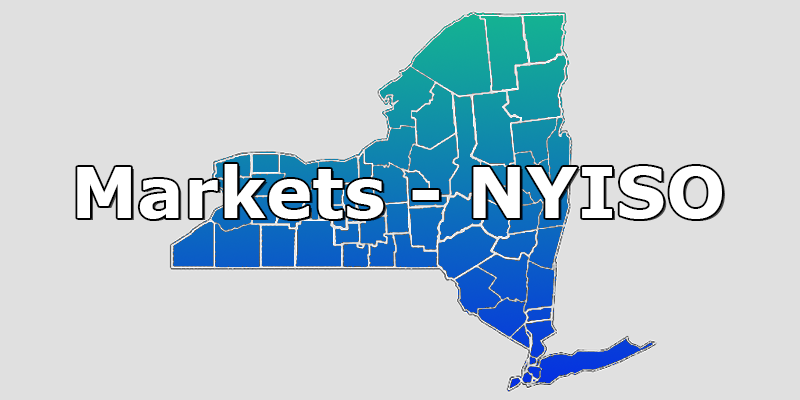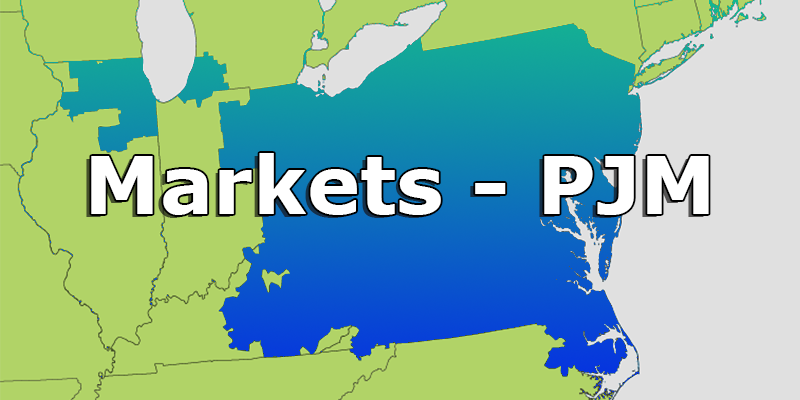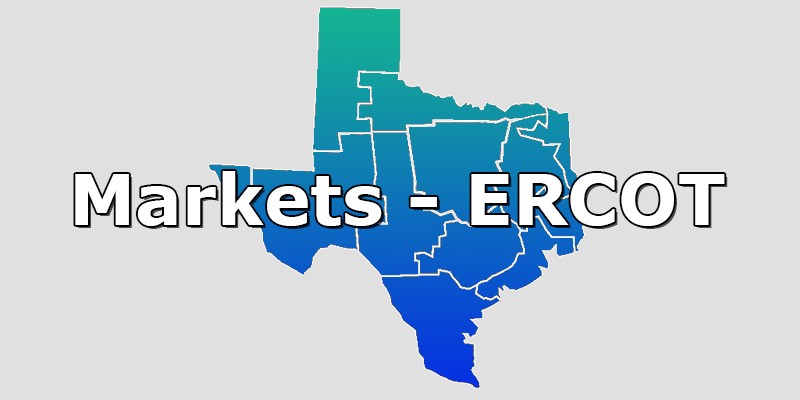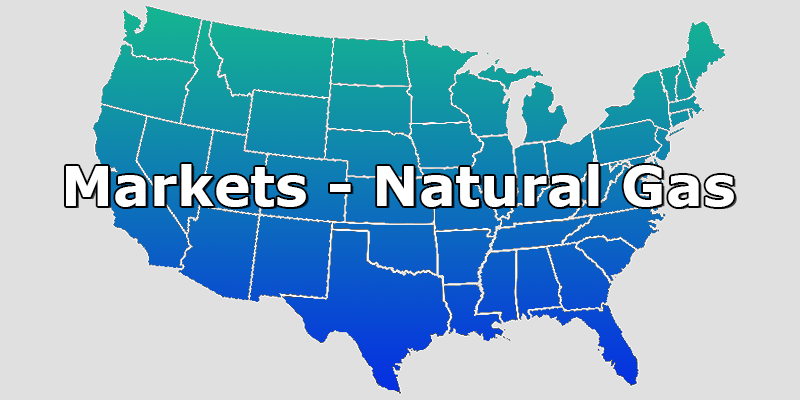In October we discussed heating oil in New York City and the potential liabilities purchasers may have in the future given the city’s established clean energy policy goals in the Climate Mobilization Act (CMA) and the state’s Climate Leadership and Community Protection Act (CLCPA). As New York continues to focus on winter heating needs and the city's energy mix continues to evolve, the NYC district steam network, like fuel oil, may stand in the crosshairs of carbon policy in the years to come.
3 min read
New York City's Steamy Future
By 5 on November 30, 2021
Topics: Markets NYISO Renewables Resiliency
1 min read
FERC Goes to Work on Transmission Upgrades
By 5 on October 28, 2021
In July 2021, the Federal Energy Regulatory Commission (FERC) unanimously voted to approve an Advanced Notice of Proposed Rulemaking (ANOPR), allowing the public to provide comments and recommendations on how the commission can best improve transmission planning, cost allocation, and interconnection process. Responses were due back in mid-October. With the future generation mix shifting toward more renewable energy, FERC is considering requiring transmission providers to identify geographic regions that expect high renewable development and prioritize transmission planning appropriately. PJM, Amazon, and the Department of Energy (DOE) were among the respondents, recommending a more forward-looking planning process.
Topics: Markets PJM
3 min read
City Slickers Bid Farewell to Fuel Oil
By 5 on October 28, 2021
Heating oil is facing an image issue in New York City. Pressure continues to mount against fossil fuels from many angles including environmental groups, policymakers, and competing energy sources that are either cheaper, cleaner, now or potentially both cleaner and cheaper in the future. With the Climate Mobilization Act serving as the primary platform for the city’s campaign against carbon emissions, many are wondering, “is the writing on the wall for heating oil in New York?”
Topics: Markets NYISO
3 min read
The Texas Two-Step Rate Increase
By 5 on October 28, 2021
Twice per year, in March and then in September, the four major Transmission Distribution Utilities (TDUs) in Texas file with the Public Utility Commission of Texas (PUCT) to update their tariffs to account for the ever-changing costs of transmission. This semi-annual TDU cost true-up was typically not one of the larger charges that Retail Electric Providers (REPs) passed through to customers but lately that has changed. As the PUCT directs changes to the rate design, this tariff charge has increased substantially, ultimately impacting the monthly invoice for end users.
Topics: Markets ERCOT
3 min read
LNG Exports: How much gas can we pass?
By 5 on October 28, 2021
Liquified Natural Gas (LNG) is produced through a process that super-cools pure methane gas to approximately -260ºF, which enables it to be stored in liquid form at normal atmospheric pressures and conveniently shipped overseas. Now that’s super cool in our book.
Topics: Markets Natural Gas
5 min read
See Ya Next Time, Summer. A Market Reflection.
By 5 on September 30, 2021
Doesn’t the first cold front of fall always just feel so glorious? Texans will tell you that 85 degrees Fahrenheit never felt so good. After over four months of sweltering heat in Texas, with triple-digit heat index values as the rule rather than the exception, on Tuesday, September 21, 2021, a small shot of Arctic air made it all the way to the Texas Gulf Coast. Finally, Texans received some relief from the high humidity levels statewide and overnight low temperatures plunged into the 60s as far south as Brownsville. This front officially marks the end of the 4CP season, and of summertime in general, in Texas.
Topics: Markets ERCOT Resiliency
2 min read
Buckle Up for RDM Charges in NYC
By 5 on September 30, 2021
Con Edison electricity customers have likely noticed a significant increase in delivery costs over the last 12 months. There are two specific variable components that have caused these rates to skyrocket in 2021:
Topics: Markets Procurement Demand Response Education
2 min read
Illinois Goes Green and Clean
By 5 on September 30, 2021
Illinois Passes Nation-Leading Climate and Equitable Jobs Act
On September 15, Illinois Governor J.B. Pritzker signed historic clean energy legislation, known as the Climate and Equitable Jobs Act (CEJA). Among many things, the CEJA requires Illinois to achieve a 100% carbon-free power sector by 2045, becoming the first Midwestern state to commit to ending the use of fossil fuels.
Topics: Markets PJM Demand Response Sustainability Education Renewables Resiliency
3 min read
Gas Prices Surge on Foreign Demand
By 5 on September 30, 2021
Have you ever believed the energy market myth that natural gas prices are always cheaper during the fall and spring?
Topics: Markets Natural Gas Demand Response Education
5 min read
Winterizing the Texas DR Program
By 5 on August 31, 2021
In ERCOT, energy users with “flexible loads” (i.e., folks that can dial back electricity usage on short notice) have a variety of demand response programs to choose from. These programs pay end users for their participation and performance and are designed to maintain reliability on the grid in times of stress. The causes for grid stress could include if either real-time energy demand is higher than what was forecast and/or because of delivery issues on the supply-side power resulting from forced outages at power plants, transmission lines, or both. Demand response is an energy management concept that has existed for over two decades and these programs are in use nationwide and around the world.





